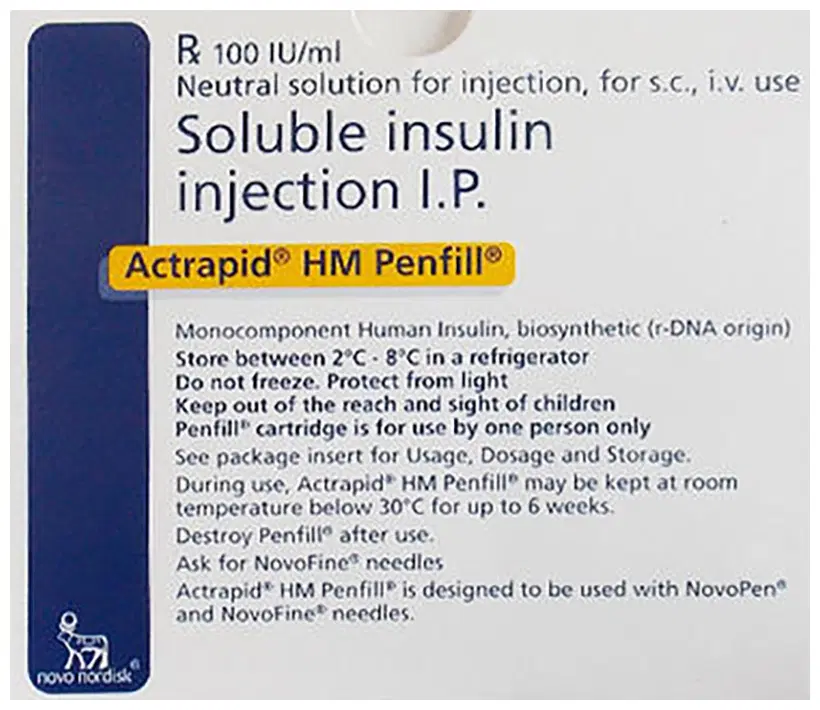Human insulin
Human Insulin is a natural hormone that is essential for regulating blood sugar levels in the body. It is derived from the pancreas of animals, specifically pigs and cows, and is biologically identical to the insulin produced by the human body. Insulin is primarily used to treat type 1 diabetes, a condition where the body’s immune system attacks and destroys insulin-producing cells in the pancreas. This results in a complete inability to produce insulin, leading to high blood sugar levels.
Human insulin is also used to manage type 2 diabetes, a condition where the body becomes resistant to its own insulin or does not produce enough of it. This results in high blood sugar levels that can lead to serious health complications if not managed properly. By injecting human insulin, individuals with type 2 diabetes can help their bodies better regulate blood sugar levels and reduce the risk of these complications.
Human insulin comes in various forms, including rapid-acting, short-acting, intermediate-acting, and long-acting. Each type of insulin is designed to work at different speeds and durations, allowing for more precise blood sugar control. Your healthcare provider will recommend the most suitable type of insulin based on your specific needs and diabetes management plan.
When using human insulin, follow the prescribed dosage and administration instructions carefully. Monitoring blood sugar levels regularly is crucial to ensure proper management of diabetes and to avoid the risk of hypoglycemia (low blood sugar) or hyperglycemia (high blood sugar). Your healthcare provider will help you develop an individualized diabetes management plan, which may include adjustments to insulin dosage, meal planning, and physical activity.

Showing 1–12 of 36 results
Showing 1–12 of 36 results





